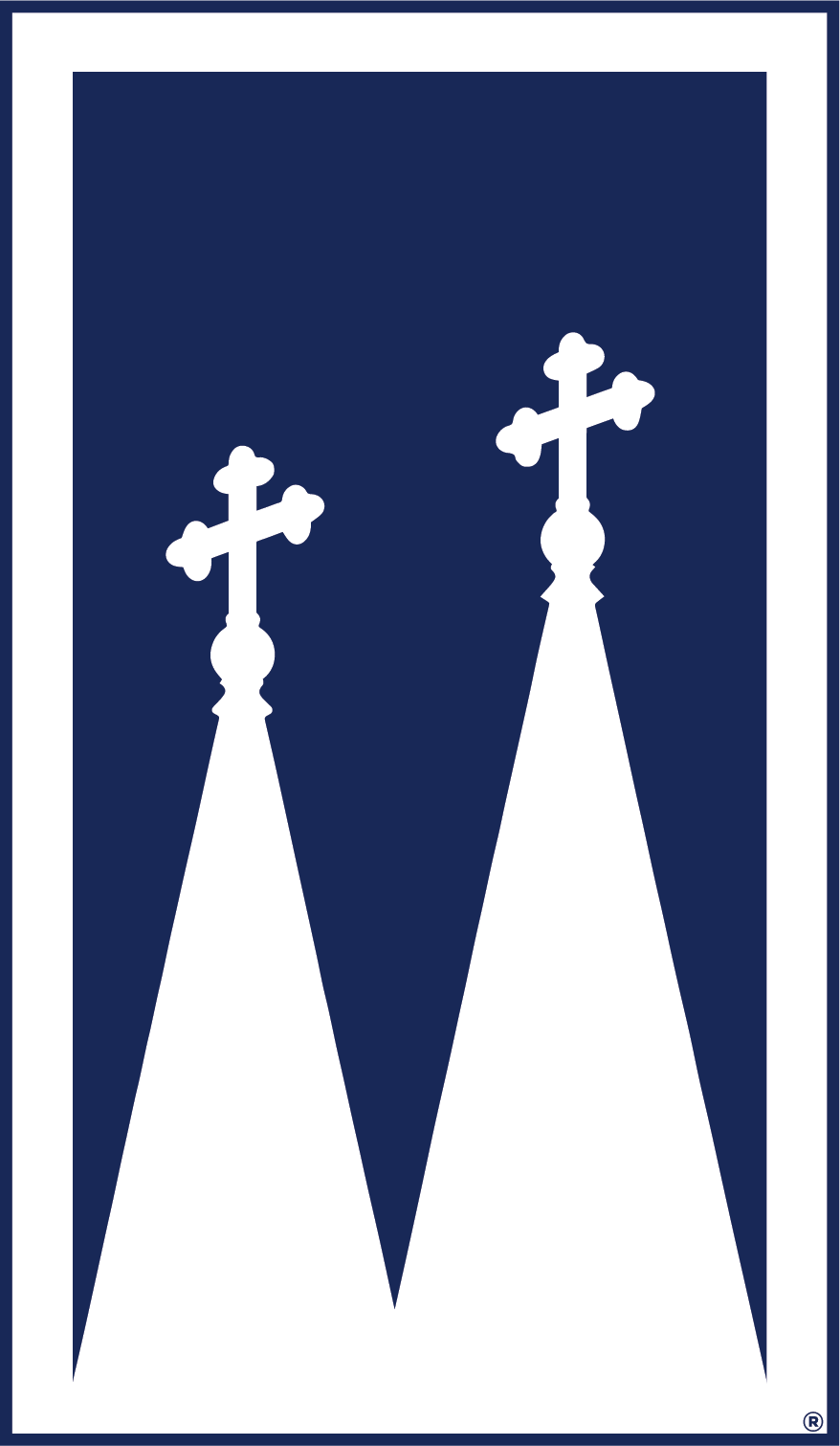HERITAGE & HISTORY

Villanova University has been sponsored by the Order of St. Augustine since its founding in 1842. Today, the University is comprised of five colleges: Liberal Arts and Sciences (Villanova College), Engineering, School of Business (formerly known as the College of Commerce and Finance), Nursing and the School of Law. The University traces its origins to old Saint Augustine’s Church in Philadelphia, which the Augustinians founded in 1796, and to its parish school, Saint Augustine’s Academy, established in 1811.
Since its founding, Villanova has been privileged to mediate St. Augustine’s vision of education as a community activity of scholars searching for truth in open discussion, commitment to ethical values, and dedication to social justice and human rights.
A Distinctly Augustinian Education
The Augustinian Order has always been aware of the enormous influence that St. Augustine’s legacy has exercised on its apostolate of higher education. This legacy is not so much a philosophical or theological system of thought as it is a dynamic vision of people living in community united in "mind and heart" in the ardent search of Wisdom. For Augustine this Wisdom is the Divine Truth itself, revealed in Jesus Christ, for which every heart is restless. As universal Wisdom, it is pursued in common with all humanity and is achieved by open, intelligent, responsible, and mutually respectful interaction of points of view. From its inception, the Order contributed to this search through its educational apostolate, motivated by Augustine’s own vision that "God would like to sow in every soul the seeds of intelligence and wisdom."
The Augustinian Order has always regarded education as a community activity that professes the values of searching for ultimate meaning and commitment to ethical values. Although the Augustinian vision emphasizes the importance of human knowledge and human disciplines for their own sake, the Order also realizes that for a considerable number of students, the Catholic school is the only agent of evangelization. This awareness is reflected in the Order’s Constitutions, 179:
The specific purpose of our schools is the Christian formation and education of the students. It follows that this apostolate should always be regarded as an essentially pastoral activity, so that we teach the truth with love, and the students acquire, along with a humanistic and scientific culture, a knowledge of the world, of life, and of humanity that is illumined by faith.
Accordingly, the colleges and universities which are sponsored by the Order should exhibit the following characteristics:
- A curriculum that reflects the Catholic, Augustinian understanding of human reason and the intellect, and prepares students in their search for more ultimate meaning and value within the Catholic theological tradition. This curriculum should give primacy to the liberal arts and exhibit an openness to all disciplines and professions.
- A special concern for the poor, compassion for the suffering, regard for the value of life and dedicated action for social justice and human rights that can be accomplished through ministry or, possibly, innovative academic course work.
- An esteem for all persons, both in scholarly endeavors and in personal encounters, that is manifested in a curriculum that encourages an understanding and appreciation of the diversity of cultures and experiences, a respect for the individual, and the development of an international perspective.
- A respect for academic freedom which makes open discussion and inquiry possible. Open discussion among scholars and students is intrinsic to inquiry and is in accord with responsible freedom, a central value of the Christian tradition, and of the thought of Saint Augustine, himself the great theologian of Christian freedom.
In the Augustinian Tradition
In view of the Augustinian Order’s share in the rich cultural and theological legacy of Augustine, its long history of involvement in education which spans over seven centuries, and the continuing contributions it makes to the Catholic character of the institutions it sponsors, the Order realizes that when it continues to identify itself with its institutions of higher education to the public, it thereby gives to those institutions the benefit of its still considerable name and reputation.
This commitment is realized in its humanities programs, which are an integral part of the curriculum of each of its professional schools, and in the three essential characteristics of our Augustinian tradition: the relationship between mind and heart, the role of community, and the unity of knowledge. This commitment and tradition also provides the key for interpreting Villanova’s mission statement which states that the University is a community that "seeks to reflect the spirit of Saint Augustine by the cultivation of knowledge, by respect for individual differences, and by adherence to the principle that mutual love and respect should animate every aspect of University life."
